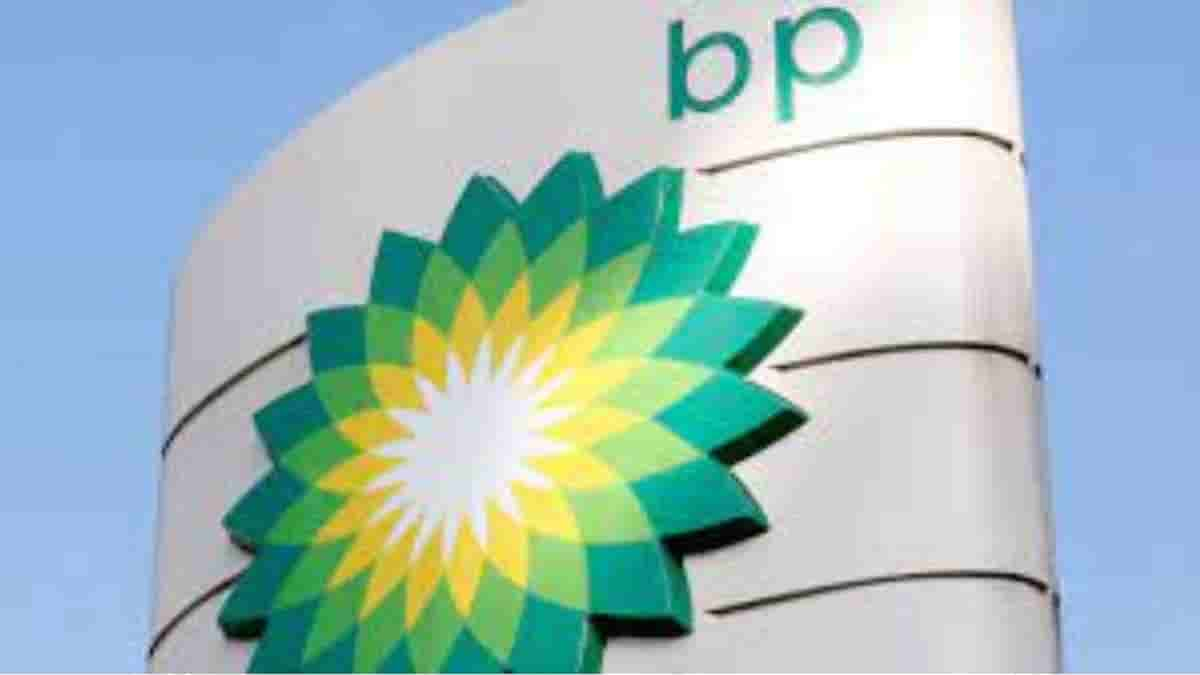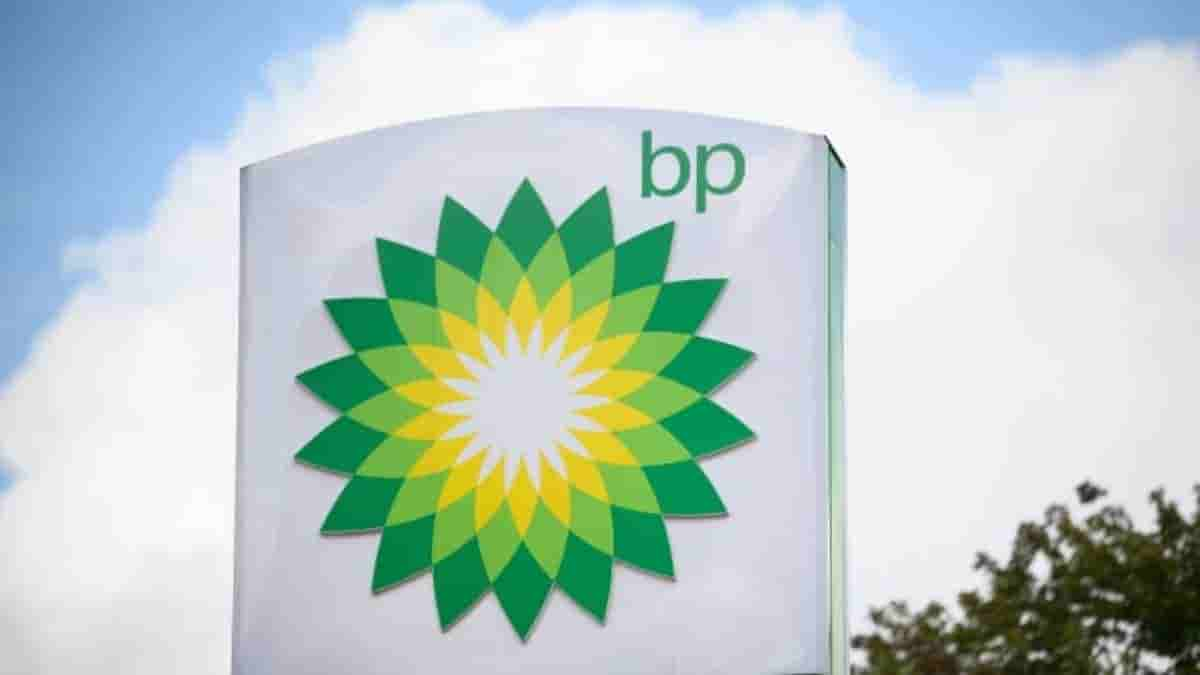As energy costs rise, BP reports enormous profits

Underlying profits for the global energy giant reached $8.45 billion (£6.9 billion), more than triple what they were in the same period the previous year.
The amount brings the company’s half-year profits to $14.6 billion, the second-highest total in corporate history.
It occurs on the same day as it is anticipated that the average household’s annual energy costs will exceed £3,600 this winter.
The amount is hundreds of pounds higher than anticipated, sparking calls for extra assistance for families facing high living expenses.
According to Dr. Craig Lowrey, chief consultant at Cornwall Insight, energy prices “at this point” appear likely to remain high through 2023 and into 2024.

“This is very much a long-term problem for households and one which is going to need concerted and enduring action from the government to help manage that,” he said.
BP’s profits exceeded expectations and came the same week that rival Shell reported record earnings and British Gas owner Centrica reported enormous earnings.
Due to its higher earnings, the oil giant announced it would increase shareholder dividends by 10% and buy back shares.
Following Vladimir Putin’s invasion of Ukraine in recent months, Russia has cut back on supplies to Europe, and there are rising concerns that it may shut off the taps completely.
In response to potential issues with the gas supply, the wholesale price has risen, forcing energy companies to pass those costs along to consumers and driving up household energy costs by record levels.
Although sharp, the contrast is unavoidable. While high oil and gas costs are emptying the pockets of consumers, they are also lining the coffers of the businesses that sell them.
The period from April to June saw BP post a profit that was second-highest in the company’s lengthy history and quadruple the amount of the previous year.
The business announced that it would boost its payments to shareholders by £3.6 billion over the following three months. These figures contrast uncomfortably with recent predictions that yearly energy costs will cost on average over £3,600. These shareholders include the majority of pension funds.
A couple of years ago, both BP and Shell were losing billions, and no one was proposing to subsidize their losses, according to insiders at the corporations, which this week declared record results.
Due to efforts to exclude Russia from the global energy market, a spike in post-Covid global demand has intensified, which has benefited both corporations from skyrocketing international oil and gas prices.


